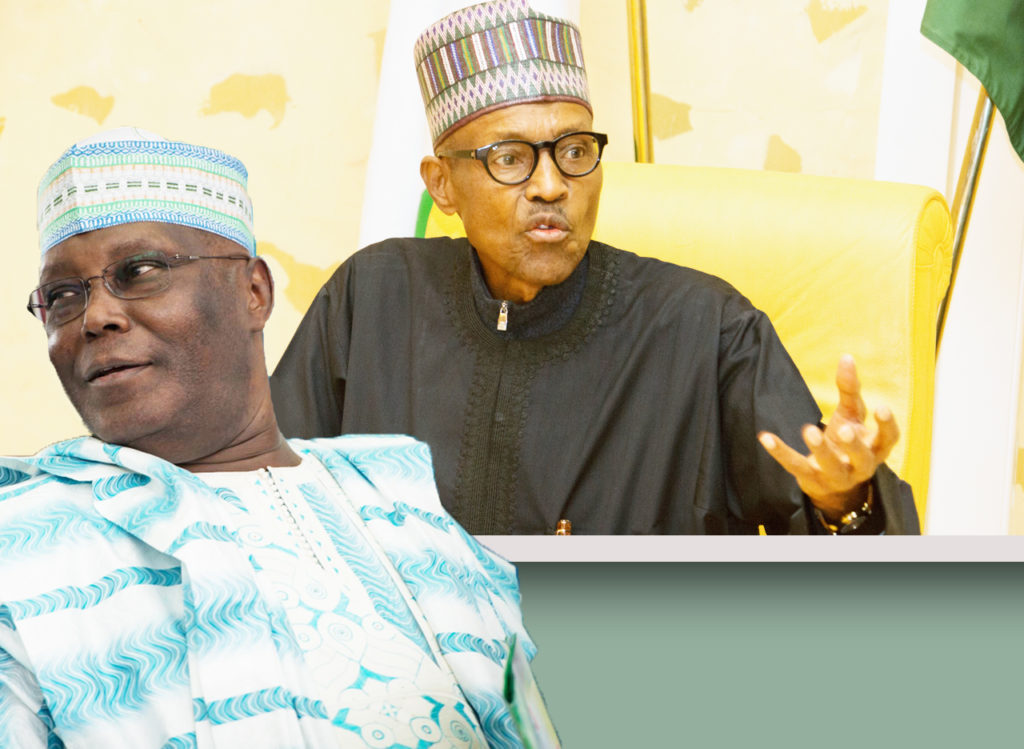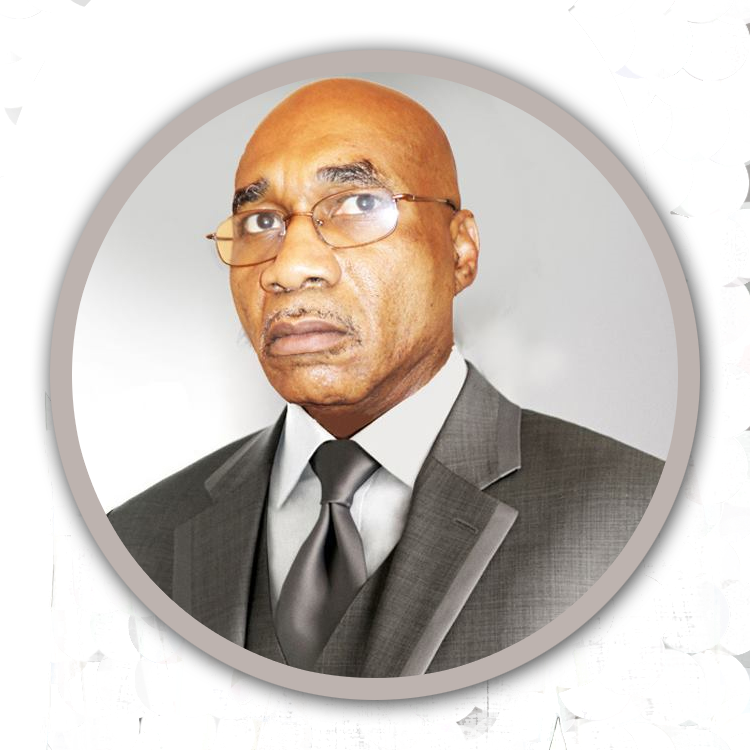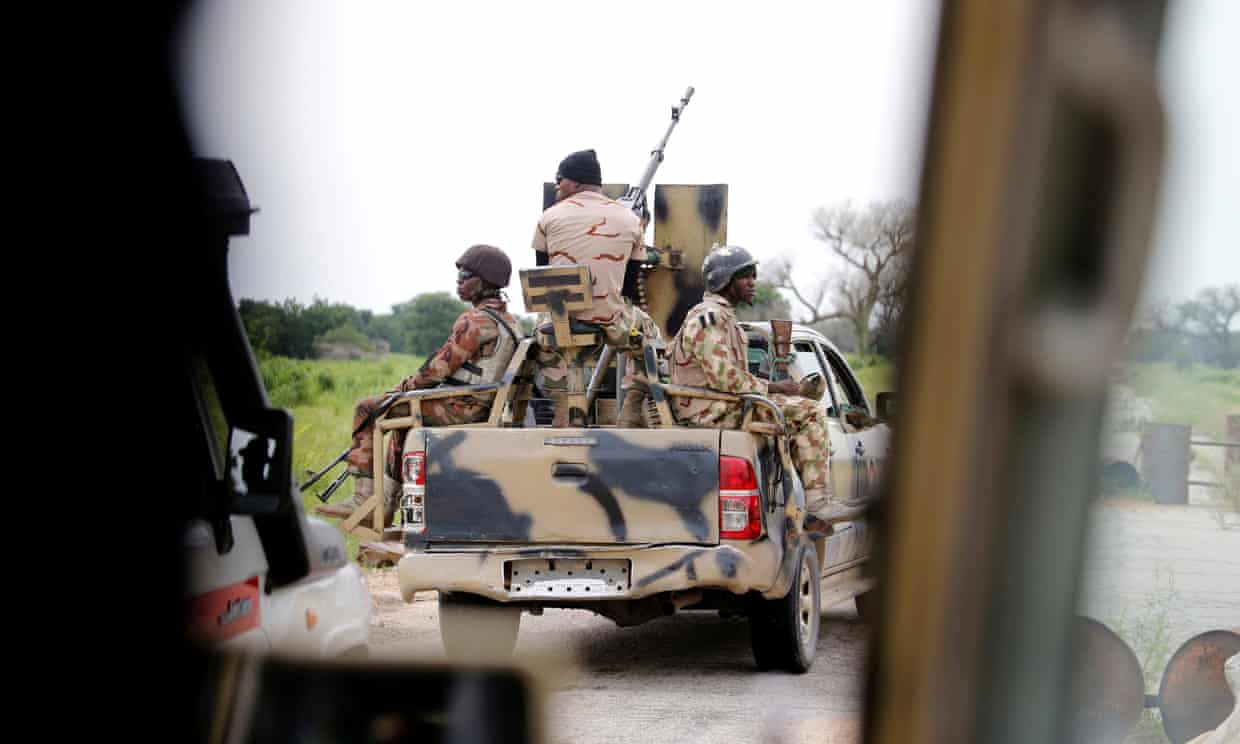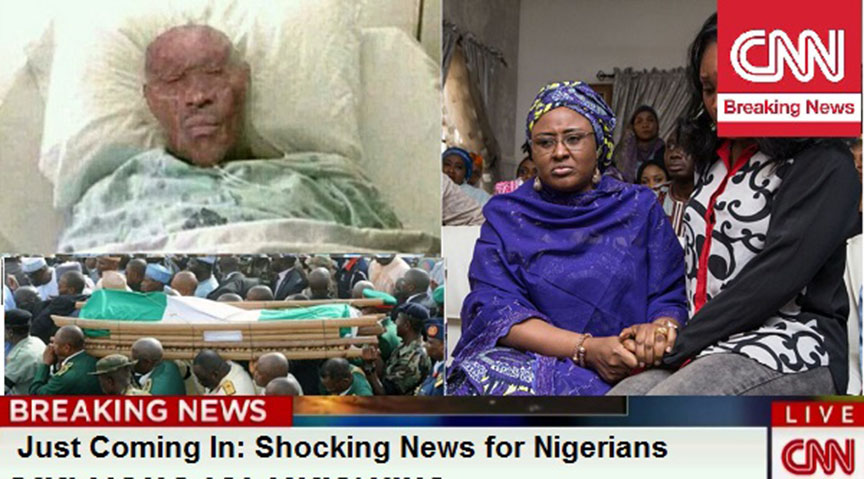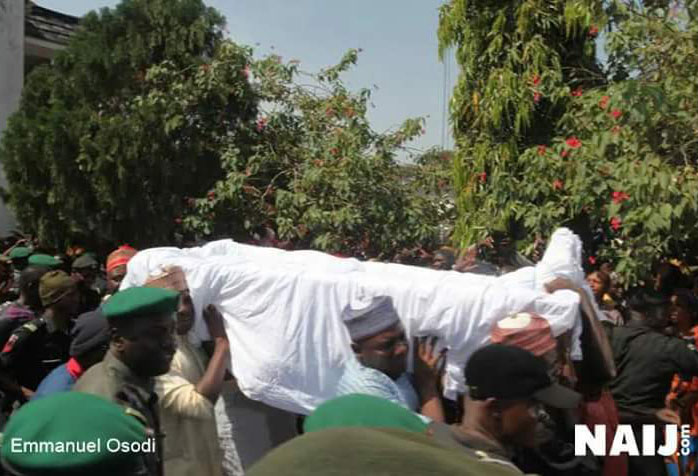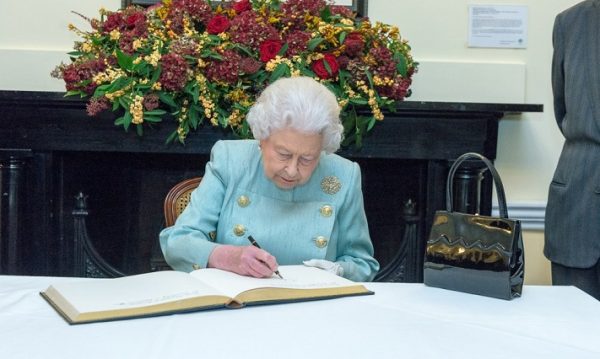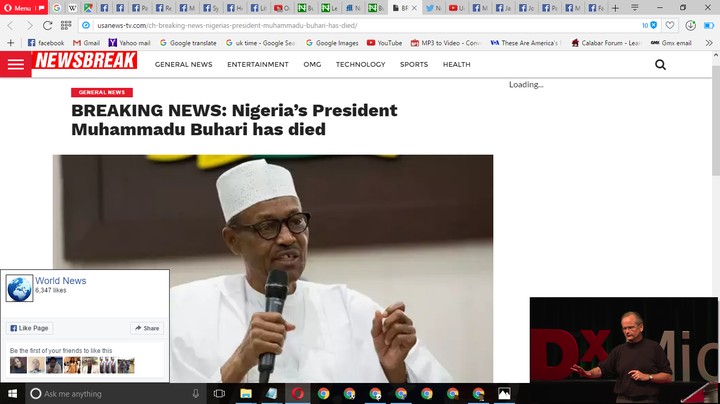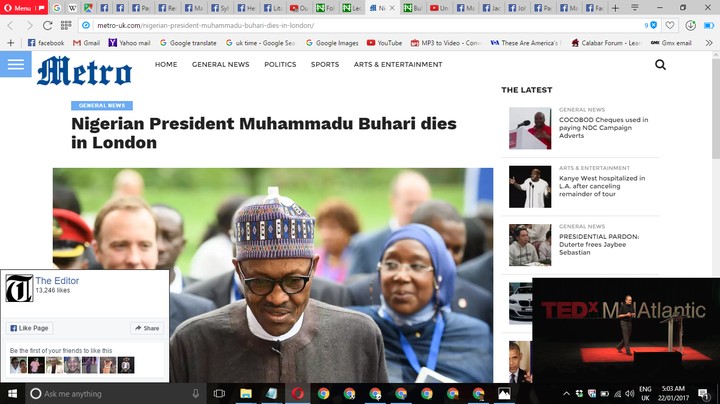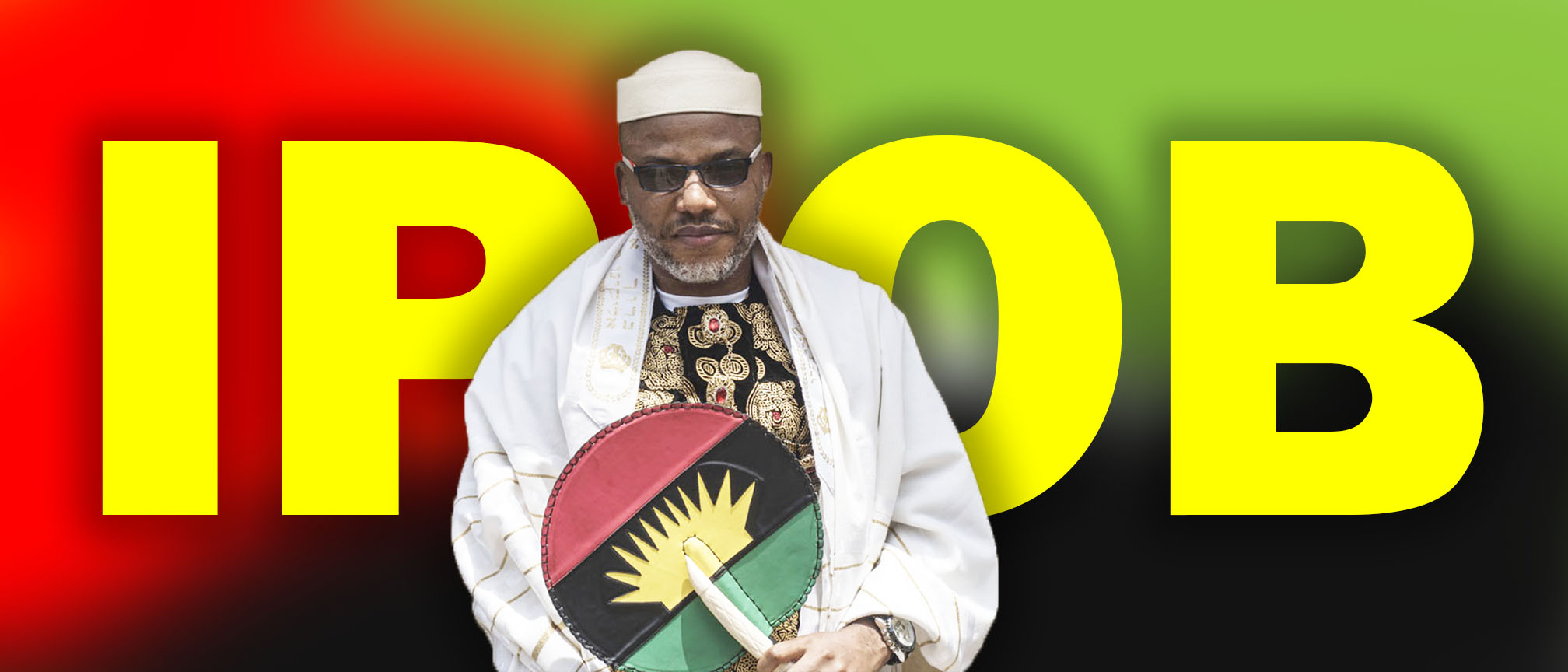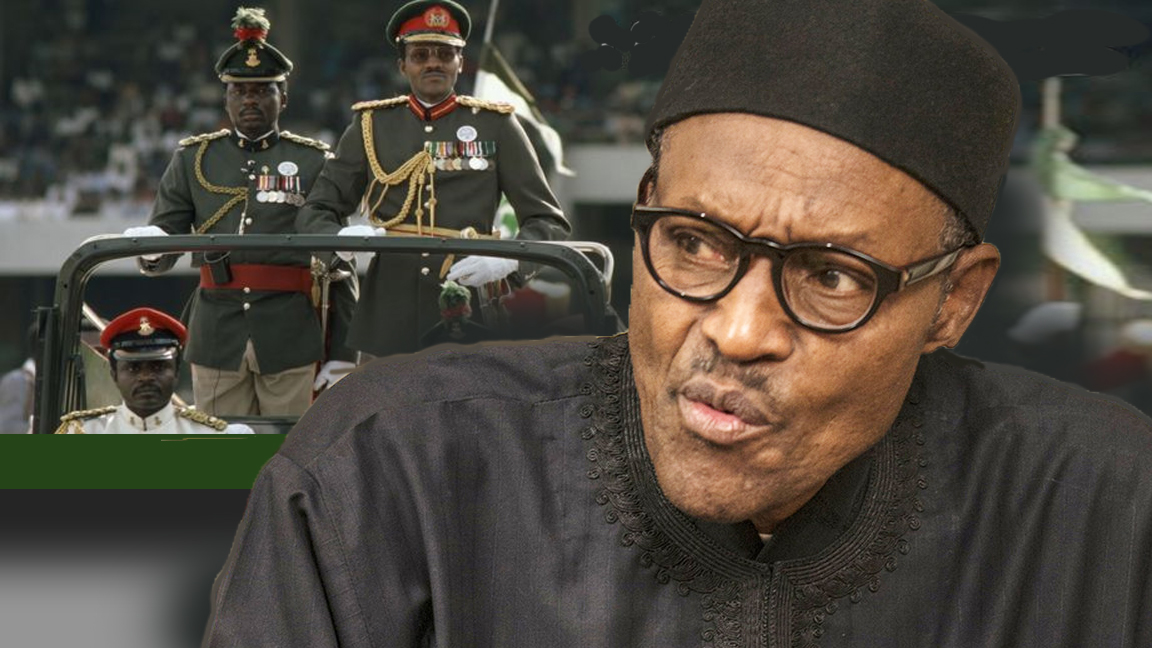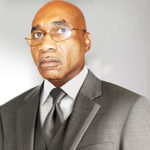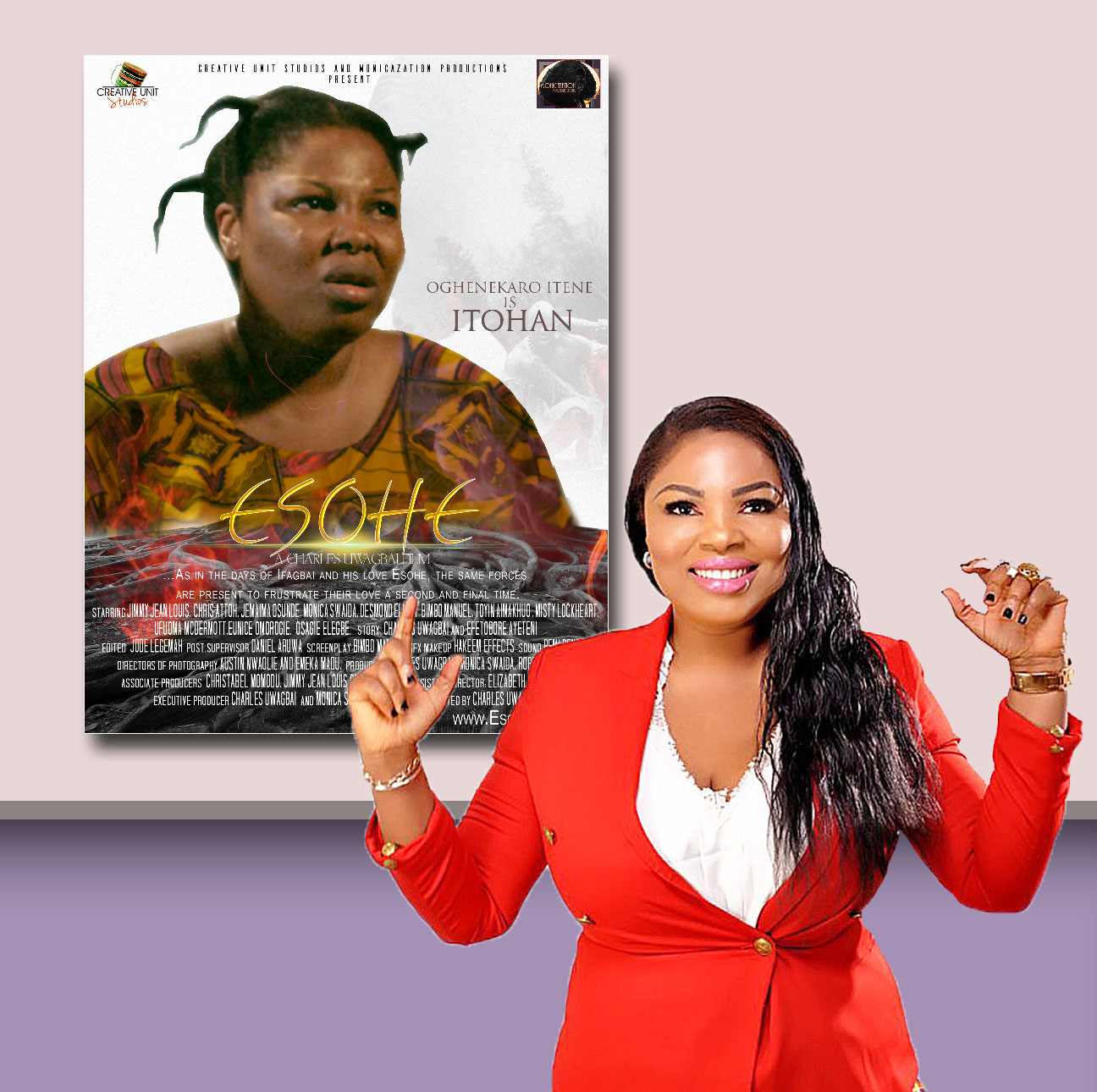It has indeed come down to this – a race Between Rightwing Dictator and an Established Thief
For over 58 years, Nigeria has been in search of leaders with the right motive and intelligence to truly move the country to a self-sustaining level. For a country blessed with natural resources, only an insignificant number live above the poverty line. Every four years, the country’s political atmosphere is charged as different personalities vie for the most exalted office of President of the Federal Republic Nigeria. Yet the country remains unlucky in electing effective leaders who will institutionalize ethical leadership, and steer the country to an enviable status from the current global embarrassment.
It is not news then that Nigeria’s General Elections will be held on 16 February 2019. The campaign by political parties have intensified at various constituencies, and in most cases rough, as loyalist engage each other at rallies and on social media. But two major presidential candidates are on the forefront- from the two largest parties. The incumbent, President Muhammadu Buhari of All Progressives Congress (APC), and a former Vice President, Atiku Abubakar representing the People’s Democratic Party (PDP).
These two candidates are not new in Nigeria’s political arena. Buhari who has been in office since 2015 was a Major General in the Nigerian Army and previously served as the Head of State from 1983 to 1985, after taking power in a military coup d’état that dethroned the Democratic Government at the time. Atiku was the Governor-elect of Adamawa State when he was selected by the then Presidential Candidate, Olusegun Obasanjo as his running mate. He served as the Vice President from 1999 to 2007.
Undeniably, he is not medically fit; during his first two years, he shuttled to-and-from unknown medical facilities abroad to attend to his constantly failing health. Atiku, on the other hand, has spent his time making lavish trips abroad while he courted local chiefs and political godfathers to explore his political options and chances. Nonetheless, Atiku has visible investments in local and multinational corporations operating in Nigeria.
The purpose of this article is not to highlight the political history of these individuals. While the majority of voters are divided between the two major platforms, the APC and PDP, the choice of Presidency remains a tough call in a Nation currently dwindling through economic and sociopolitical turmoil. Currently, little or no progress has been made by the incumbent in addressing major issues bedeviling the country. From the economy through internal security, Buhari has fumbled without a blueprint and made flimsy excuses each time. Undeniably, he is not medically fit; during his first two years, he shuttled to-and-from unknown medical facilities abroad to attend to his constantly failing health. For a public servant who seeks to lead a country of over 200 million people, Buhari has continued to put on lid on his medical fitness. Atiku, on the other hand, has spent his time making lavish trips abroad while he courted local chiefs and political godfathers to explore his political options and chances. Nonetheless, Atiku has visible investments in local and multinational corporations operating in Nigeria.
Unfortunately, Buhari’s first term has not yielded the projected fruits because he does not appear to have the answers to institutionalized corruption and economic challenges that Nigeria currently faces. Yet, voters are skeptical about Atiku due to his horribly scandalous transgressions as a public servant.
Unfortunately, Buhari’s first term has not yielded the projected fruits because he does not appear to have the answers to institutionalized corruption and economic challenges that Nigeria currently faces. Yet, voters are skeptical about Atiku due to his horribly scandalous transgressions as a public servant.
Personally, I have spent the last five years criticizing Buhari; his dictatorial demeanor, ignorance in matters of contemporary leadership, and blindness to political governance. In fact, in my book, Governance – The Buhari’s Way, I described him as the most dangerous bee that lands on a scrotum. “Punch it, you smash your manhood; leave it, and you are stung to death.” Yes, he is that killer-bee that perches on the balls, wheezing for a destructive sting. He was involved—one way or the other—in every Nigerian military rule since the 1966-1969 civil war; participated in coups; and, as a retired junta member, ran three presidential races without a scrap of success, until a coalition of parties determined to change the witless government of the day, gave him the platform that aided his electoral victory in the 2015 General Elections.
Atiku, on the other hand, is no good. He is one of those politician elites who prospered through public-fund looting. Bombastically rich, Atiku shuttles rich cities in the Middle East and would swagger money, extravagant gifts, and young women. Atiku’s fraud case with William Jefferson – a former Louisiana politician who served as a member of the U.S. House of Representatives for nine terms from 1991 to 2009 made global history.
Jefferson, infamous for having $90,000 in bribe money hidden in his freezer, is serving a 13-year prison sentence after being convicted on a slew of federal corruption charges. One of the most puzzling and intriguing facets of the case is that Jefferson’s partner-in-crime Atiku, the Vice President of Nigeria at the time divided his time between his Vice President position and Potomac, MD., where he and one of his four wives maintain a $2.2 million mansion. While Jefferson resides in a rent-free jail, Abubakar not only remains free but also, he is a Presidential candidate in a country where thieves are glorified. Unfortunately, it is leadership culture in Africa that most thieves do not go to jail, but occupy public offices. So, Atiku is no exception.
Buhari’s 2015 promise of fighting corruption is paralyzed by his inaction of reported sleaze around his protégés and trusted officials. This has become a major ethical burden to the Nigerian President. Atiku, in this campaign moment, has paraded written pieces of literature about solving Nigeria’s moral issues. However, it would take a moral person to fight an immoral society. Atiku’s moral standing is still questionable.
The Presidential race beyond parties is clear; the voters would be left with two candidates that have no proven capacity to move the country forward. Burahi’s path for a moral society is a good proposal, but in both his years as a dictator and first term as an elected leader, he has shown a total lack of intellectual capacity to address matters of ethical governance. His 2015 promise of fighting corruption is paralyzed by his inaction of reported sleaze around his protégés and trusted officials. This has become a major ethical burden to the Nigerian President. Atiku, in this campaign moment, has paraded written pieces of literature about solving Nigeria’s moral issues. However, it would take a moral person to fight an immoral society. Atiku’s moral standing is still questionable.
Notwithstanding the lapses these two candidates exhibit, today, they are barring fangs to tear each other apart in a Presidential race a week away. Voters should be worried, that Buhari even as a failed incumbent, has a challenger that may not be trusted with the country. One of the core doctrines of change in the political contest is not just a handover of the leadership baton. The challenger must be morally and intellectually upright; must tender convincing proposal for change; and must show knowledge of conversion of strategies into governance actions. So far, Atiku’s camp has been parading basic campaign posters of unsubstantiated policy proposals irrelevant to major issues of the moment.
To be clear, this article is not an endorsement of any candidate but a synopsis of the uncertainties that befog Nigeria’s chances to attract a good leader in the forthcoming elections. The next best solution could have been a radical change initiated by a frustrated population. This might entail a disregard of the two major candidates for entirely somebody new for a holistic political detour. But the current political terrain would not support that option in a society where traditional and tribal connectivity still dominates social and political actions.
Without a doubt, this race might boil down to a choice between Buhari, a timid, nepotic but stingy rightist who would sit down on the national wealth without a clue about how to invest, and a lavish and irresponsible spender called Atiku, who could share the national treasury with the wolves that currently surround his candidacy.
So, voters might be faced with a choice between two candidates, one is a dictator, and the other an established thief. Without a doubt, this race might boil down to a choice between Buhari, a timid, nepotic but stingy rightist who would sit down on the national wealth without a clue about how to invest, and a lavish and irresponsible spender called Atiku, who could share the national treasury with the wolves that currently surround his candidacy.
Buhari’s battle with his health might yet not be over. So he might make more trips to fix himself. But Atiku has equally spent more time beyond the shores. He would lie to the nation that he was at a strategy meeting in Dubai, whereas he was busy meeting with unscrupulous money mongers that invest in his campaign. So, the choice is clear, between a weak, clueless, ailing incumbent who might still make many more trips abroad to heal a retiring soul, and a challenger whose fiscal recklessness, corrupt personality, and affiliation with dishonest political vandals might further sink Nigeria’s economy irreparably.
Either way, Nigeria continues the search for an effective leadership – it might take time.
_____________
♦ Anthony Ogbo, PhD is the author of the Influence of Leadership (2015) and the Maxims of Political Leadership (2019). Contact: anthony@guardiannews.us


